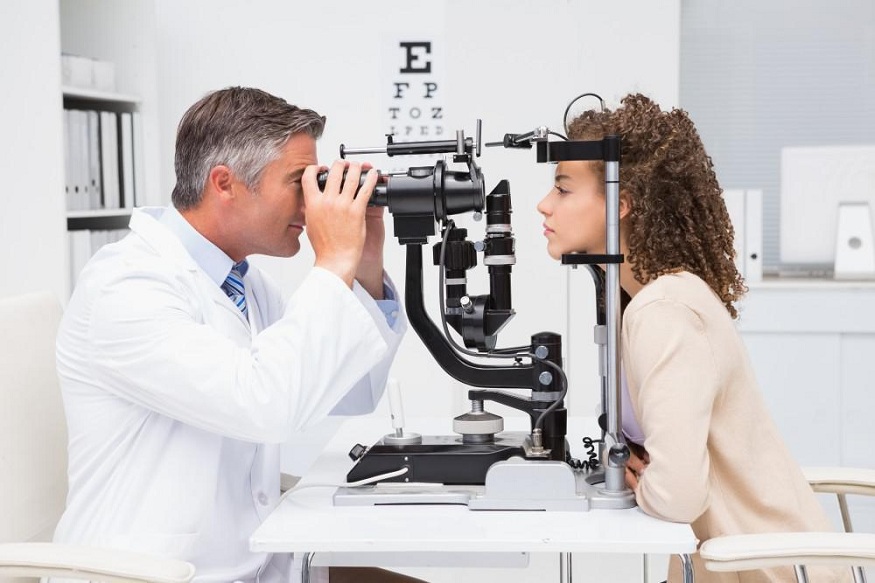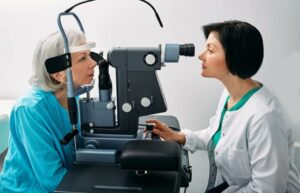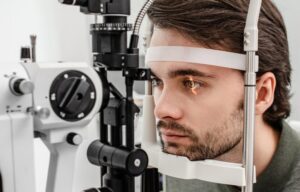The Role Of Ophthalmologists In Treating Ocular Migraines

Ocular migraines can be unsettling. The sudden onset of visual disturbances can bring worry. That’s where ophthalmologists step in. They play a key role in diagnosing and treating these migraines. By evaluating symptoms and ruling out conditions like Glaucoma oviedo, they provide clarity. This ensures that treatment is both accurate and effective. Understanding their role helps in managing eye health better. Let’s explore how they contribute to tackling ocular migraines.
Understanding Ocular Migraines
Ocular migraines, also known as retinal migraines, involve temporary visual disturbances. These can include shimmering lights, blind spots, or zig-zag patterns. The episodes typically last from a few minutes to an hour. Although the visual symptoms can be alarming, they usually resolve on their own.
The Ophthalmologist’s Role
Ophthalmologists are medical doctors specializing in eye health. Their role in treating ocular migraines involves several steps:
- Conducting a comprehensive eye exam
- Ruling out other eye conditions
- Providing guidance on managing symptoms
Through a thorough examination, they assess the eye’s overall health. This helps in identifying if other issues contribute to the migraines.
Diagnosing Ocular Migraines
Accurate diagnosis is crucial for effective treatment. Ophthalmologists use various tools and techniques to identify ocular migraines. They may dilate the pupils to examine the retina closely. This helps in ruling out any structural issues in the eye. They also check for conditions like glaucoma or retinal tears.
Comparison: Ophthalmologist vs. Optometrist
It’s vital to understand the difference between ophthalmologists and optometrists. Here’s a simple comparison:
| Criteria | Ophthalmologist | Optometrist |
| Education | Medical Doctor (MD/DO) | Doctor of Optometry (OD) |
| Specialization | Eye surgery, diagnosis, and treatment of complex eye diseases | Vision care, prescription of glasses, and contact lenses |
| Procedures | Complex eye surgery, comprehensive diagnosis | Basic vision tests, prescriptions |
Treatment Options
Treating ocular migraines often involves lifestyle changes and medications. Ophthalmologists might recommend:
- Identifying and avoiding migraine triggers
- Maintaining a regular sleep schedule
- Managing stress through relaxation techniques
In some cases, medication may be prescribed to prevent or relieve symptoms. This can include pain relievers and anti-nausea drugs.
Preventive Measures
Prevention plays a key role in managing ocular migraines. Here are some steps to consider:
- Keep a migraine diary to identify triggers
- Avoid skipping meals
- Stay hydrated
Regular eye check-ups with an ophthalmologist also help in early detection and management. For more information on migraine management, you can visit the National Institute of Neurological Disorders and Stroke.
Conclusion
Ophthalmologists play a crucial role in diagnosing and treating ocular migraines. By understanding their role, effective management becomes possible. Consultation with an eye specialist ensures accurate diagnosis and personalized treatment. Staying informed and proactive in eye health contributes to overall well-being.







